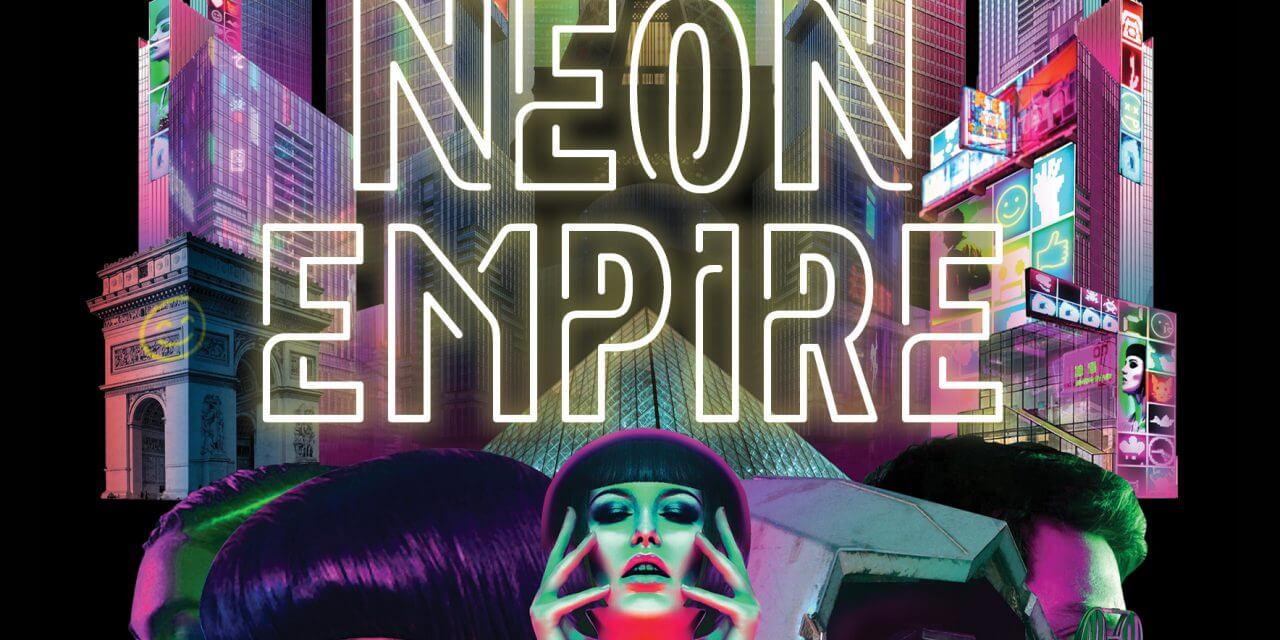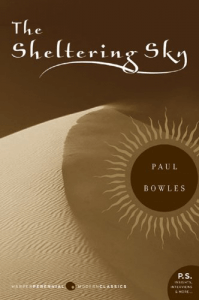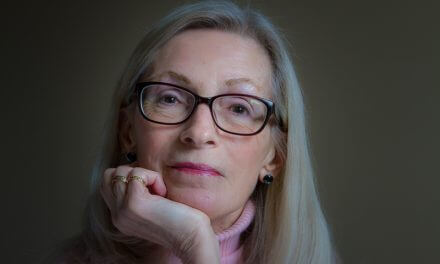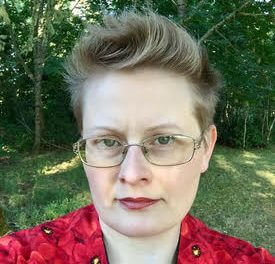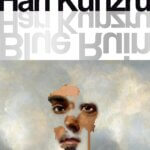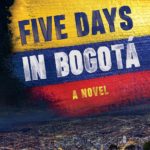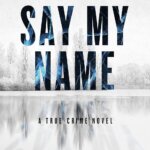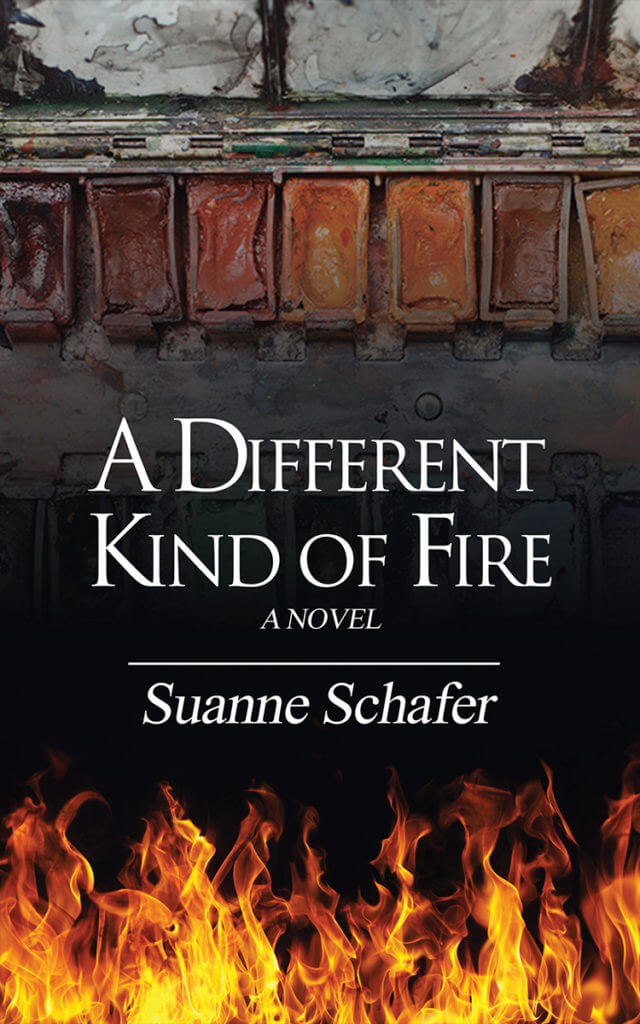Drew Minh joins me today to talk about his new book, Neon Empire. He is a former digital advertising executive in Los Angeles, with firsthand knowledge of our current social media revolution. He’s lived in Barcelona and Paris, where he worked as a freelance writer, ghostwriter, and digital consultant. He’s had fiction published in 3AM Magazine, Word Riot, Litro Magazine, and other publications. He also wrote a fictional crime column for weekly newspapers in Spain.
SS: Writing is undoubtedly a lonely occupation. John Green (The Fault in Our Stars) says writing is a profession for introverts who want to tell you a story but don’t want to make eye contact while doing it. P. D. James (Cover Her Face) says it’s essential for writers to enjoy their own company. Do you see yourself along those lines? Are you a natural loner?
DM: Absolutely. Coming from a mixed-race background, with two immigrant parents, I grew up without a tribe. This made me very observant as a child. I didn’t like this feeling when I was younger, but now I’ve come to embrace it. It’s a powerful perspective to have when writing, and I’m lucky to have it.
SS: Is your day job a distraction, or does it add another element to your writing?
DM: Mostly a distraction! However, I do get value from the life experience of having work outside of writing. Back when I was writing Neon Empire, I was working as a digital marketing strategist in the entertainment industry. I finished the book before Fyre Festival and Cambridge Analytica and all that, but I saw the cracks in the edifice before that news came out. There’s something inherently corrupting with a business model that uses metrics like “engagement rates” to monetize content. It can go wrong in so many ways. That’s what sparked my interest in writing this book. So yes, even though I was weary of a lot of the things I was doing in my day job, I got a lot of great story ideas out of it. I would say the same thing about any day job I’ve ever had. Life experience will enrich your writing.
SS: How does your home and its environment influence your writing? To what extent?
DM: We moved to LA five years ago from Paris, and you can see characteristics of both of these cities in Neon Empire. My previous book takes place almost entirely in Paris. I was living there while writing it. Before that I was living in Barcelona, and wrote a few detective stories based in that city. So yes, wherever I am, that bleeds into my fictional characters and settings.
SS: After moving back to the States from Italy, I found American life very difficult. To this day, I miss the seasonality of foods in Milan, the string of holidays tied to saints’ days, the flavor of Milan itself.
If you have children, does being a parent influence your writing? To what extent?
DM: I do have a daughter, and I’d have to say it only makes me more responsible and rigorous about my writing routine. I plan everything around silent times in the house. That ideal time is around 4am. When I am in writing mode, I often go sleep-deprived for months at a time. But it’s worth it.
SS: Could you say something about your relationship to your fictional characters? How autobiographical do you think your fiction is?
DM: There’s a bit of me in every character I write. When I write my characters, I try to imagine I’m them, and, in that sense, I empathize with their highs and lows. Even when I write repugnant characters, I try to make their motivations clear, so they’re not black and white caricatures.
SS: Do you hide any secrets in your books that only a few people will find?
DM: Always! In Neon Empire, I reference some of my earlier writing, and there’s a fairly obvious reference to Brave New World in there that no one has spotted yet. There’s a lot of little clues in the book that some simple Google sleuthing will help resolve.
SS: What are you working on at the moment?
DM: At the moment, my day job has been sucking up a lot of time – not to mention the promotion for Neon Empire. But, I am working on a continuation to Neon Empire, called Beyond Empire. It takes place in the same universe and resolves some lingering mysteries, but it will read as a stand-alone novel.
SS: What’s the first book that made you cry? Made you angry? Made you rejoice?
DM: This is a tough one! I don’t believe I’ve ever cried from reading a book, but I do remember being infuriated when reading Heidegger. The most pompous, bloated writing I’ve ever encountered. I laughed out loud many times while reading Don Quixote. I did rejoice from that reading experience—and it definitely influenced my move to Spain a couple years later.
SS: What literary pilgrimages have you made?
DM: Interesting. I did go to Tangiers in 2000 to see the city which was a backdrop to so many of Paul Bowles’ stories. I had booked my tickets over half a year in advance, and my plan was to try and see him, but he died only a couple months before I arrived.
SS: I love Bowles. Isabel Allende starts all of her books on January 8 because she started The House of Spirits on that date. Do you have any superstitions or creative rituals about your writing?
DM: It’s hardly ever meticulously planned for me. It just happens. All of a sudden the floodgates open, and I’ll write anywhere, anytime I get a chance. Half of Neon Empire was written in my car on lunch breaks.
SS: At what point did you come up with the title? Did your publisher change it?
DM: Oddly enough, Neon Empire was one of the first titles I came up with. I then changed it to Eutopia (which is the name of the central city in Neon Empire). Rare Bird, the distributor, wasn’t keen on it, so I gave them a few options and Neon Empire came to the top. I’m glad they pushed me to go with another title. Eutopia doesn’t have the same impact as Neon Empire.
SS: I agree. And your cover, with all those brilliant neon colors, carries that thought beautifully. Do you generally write in one genre? If so, what is it? And what can readers expect from one of your books?
DM: I cross genres all the time. I’ve written nonfiction, hardboiled, thriller, surreal/absurd. But over the last few years some sci-fi writers have captured my interest. Ballard, Le Guin, and of course canonical books like Dune and 2001. But the sci-fi books I like the most are psychological and introspective. I can’t forget Phillip K. Dick. His ideas and concepts are brilliant. Emily St. John Mandel’s Station Eleven is a great, recent sci-fi novel.
I think readers who want strict genre conventions when reading my books will be disappointed because I pick up pieces from everywhere. There might be a bit of John Le Carré in one part of the book, and some George Orwell in another. I’m totally genre agnostic.
SS: I love your term, genre agnostic. I feel the same way. I read omnivorously in nearly every genre, and my two novels are vastly different. Regardless of genre, what are the elements that you think make a great novel? Do you consciously ensure all of these are in place?
DM: A think a great novel leaves an indelible feeling in you, like you’ve been transported somewhere else. I had that feeling while reading One Hundred Years of Solitude. I honestly don’t remember much of the story after all these years, but I still feel like I was transported somewhere else while reading it. I think style and atmosphere go a long way to making a great novel. I felt like I was in 1930s Paris when reading Tropic of Cancer
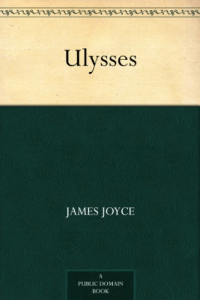
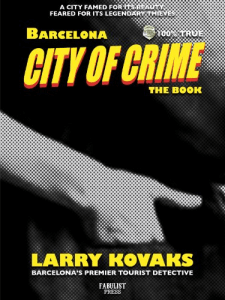
SS: What themes unite your books?
DM: If there are any unifying themes in my writing, a big one is probably the importance of setting, and how that defines characters. You’ll see a lot of that in Neon Empire, where the city is practically a character itself. My early detective stories are very much rooted in Barcelona. And my political thriller takes place largely in Paris. These stories couldn’t possibly take place anywhere else.
SS: Khaled Hosseini (The Kite Runner) says that he feels he is discovering a story rather than creating it. Are you a plotter? Or do let the novel develop organically?
DM: Neither, really. I create a trellis, sometimes with notes, sometimes just in my mind. So I’ll have this basic framework, and things will grow organically on it. Sometimes it grows in a direction I hadn’t even anticipated, and I’ll just let it take its natural course.
SS: Was the decision of how to structure the novel obvious?
DM: I always wanted it paced like a thriller. It’s probably a little too loose for that, and thriller junkies might be disappointed. I set a challenge to myself when I first started writing Neon Empire: because a lot of data analytics and digital marketing is mind-numbingly devoid of soul, I figured, if I can turn this stuff into a thriller, I can do just about anything.
SS: How did you make the decision regarding point(s) of view?
DM: My first draft was all one POV from Cedric, the washed-up Hollywood director. It felt wrong, and limited to me, so I scrapped that draft and started over from scratch. When I went multiple POV, past tense, it really allowed me room to explore and psychologize my other characters.
SS: How do you create and construct distinctly individual supporting characters?
DM: Life experience, again. I’ve loaded trucks, driven forklifts, presented agency pitch decks to CEOs—so many things. You just have to get out there and live life, and use that experience to give your characters unique, believable voices. Everything and everyone has a story.
SS: Where is your book set? How did you decide on the setting? When is it set?
DM: My publisher describes my book setting as “Vegas 2.0”—and I think that’s an apt description. I didn’t really set out to do that, but I think it’s the easiest way to describe it.
I had been reading about China’s replica cities, and I thought it was a fascinating concept. These cities are basically mashups of European capitals that bear a superficial resemblance to the real thing. They’re built quickly and cheaply, and are definitely not built to last.
I saw many parallels between Chinese duplicature and places like Las Vegas and Disneyland, and it had me thinking of the next evolution of this trend. I took these ideas and envisioned what amounts to an adult-themed amusement park in the near-future – a pseudo-Europe that’s more Instragrammable than the real thing, chock full of billboards and wired in a way to make it highly profitable in this new digital economy.
SS: Which scene did you find the most challenging to write and why?
DM: I relish the most challenging scenes. These are usually scenes that take place in a static environment (like a boardroom) or in someone’s head. There’s a scene with one of my main characters, A’rore, who is this metrics-obsessed influencer. She can see her popularity waning and doesn’t know how to pivot her career, or shift the attention back to her. She’s contemplating suicide in this scene, and I was unsure how to write it for a long time. I approached it by really diving deep into her psyche, flaws and all, and empathizing with it. I don’t identify with her desires – and neither, I suspect, do most of my readers – but I tried to sympathize with her point of view. I chose a striking setting for this chapter and I’m really happy with the end result. It’s one of my favorites in the book.
SS: Lisa Cron (Wired for Story) says, “We think in story. It’s hardwired in our brain. It’s how we make strategic sense of the otherwise overwhelming world around us.” In what way are you trying to make sense of the world?
DM: The technologists of Silicon Valley have sold an entire generation on the idea of a leisure-filled Utopia, where you can get paid for doing practically anything. Travel to exotic places, adrenaline-fueled adventure, luxury swag for free, comped meals in the hottest restaurants, all for running your own, monetized social channel. If you get enough views you can join an ad network, or get a brand sponsorship. I saw parallels between this phenomenon and the world envisioned by Huxley in Brave New World. Except, the one in Neon Empire is fueled by algorithms seeking to maximize profit.
I finished the book in 2016, so it was just before people really started talking about social media influencers and data fraud. Then came the 2017 US elections, Cambridge Analytica, and Fyre Festival. The conversation has gone mainstream. While I was writing Neon Empire, and working in Hollywood, I was deeply involved in the world of ad tech and influencer marketing. I saw lots of questionable practices. Data fraud was—and still is —everywhere in advertising. Influencers are all smoke and mirrors. The 2018 New York Times article about “influencer factories” that sell fake followers and engagement does a great job of explaining how it works.
My approach to Neon Empire was to turn everything up a notch. We live in an amazing moment in human history, where, for the first time ever, everybody has their own “TV channel” and everybody can broadcast to the world. There’s a point in the book where I reference the old media cliché, “If it bleeds, it leads.” That used to the North Star strategy of the big networks and publications. Now everybody is doing it on their own channels. The more outrageous their content, the more viral potential it has—and it’s juiced by the algorithms created in Silicon Valley. So, I guess this was my way of making sense of the of the crazy, cut-throat world of advertising and social media.
********************
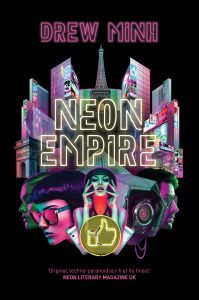
Drew can be found here on social media:
